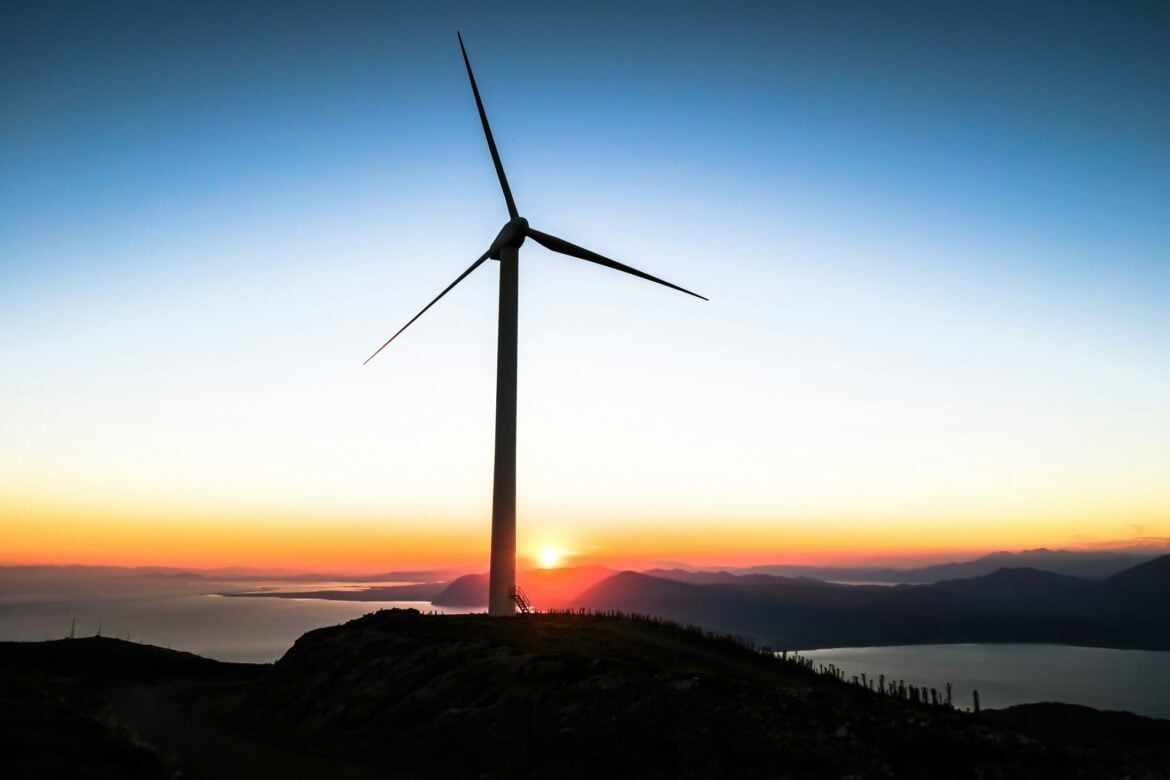260
At COP 26 in Glasgow, 39 countries and public finance institutions joined the Clean Energy Transition Partnership (CETP), pledging to end international public finance to fossil fuels in a world first.
This week, the International Institute for Sustainable Development (IISD) launched its new report, Out With the Old, Slow With the New, analysing the progress made by CETP signatories regarding finance for both fossil fuels and clean energy a year after the implementation deadline.
The report finds that:
- Most CETP signatories have eliminated or considerably reduced their international fossil fuel financing.
- Collectively, signatories cut their international public finance for fossil fuels by up to two-thirds since signing the agreement, with USD 5.2 billion sent to the fossil fuel sector in 2023.
- Signatories are not increasing renewable investment at the same scale.
- In 2023, CETP members delivered USD 21.3 billion in clean energy, up just 16 per cent from the pre-CETP baseline.
- Most of it went to developed countries, with Spain, Germany and Poland the biggest recipients.
- The reduction in fossil fuel financing is supported by robust policies adopted by nearly all CETP members.
- Some CETP members either failed to update their policies (Portugal, the United States) or partially restricted fossil fuel finance but left big loopholes (Switzerland, Italy).
- All signatories have more work to do to align their clean energy financing policies with the ambition of the CETP.
The report also makes a number of recommendations, including:
- Those who have not yet done so should adopt fossil fuel exclusion policies across the full supply chain and ensure they apply to all institutions and agencies providing international energy finance.
- The report notes that this should employ definitions of “limited and clearly defined exceptions” and “unabated” that do not allow for further fossil lock-in, including for gas.
- Adopt ambitious and quantitative targets for rapidly scaling up good-quality public finance for clean energy, with exclusions for unproven solutions like blue hydrogen and carbon capture and storage.
- Provide support on fair terms and for those who need it most, with grants and highly concessional instruments for lower-income countries.
- Update national and institutional policies and strategies to prioritise international support for clean energy.
- Match international policies with domestic climate leadership by ending domestic fossil fuel finance and subsidies, banning new licences for oil and gas production, and phasing out fossil fuel extraction on a globally just and 1.5°C-aligned timeline.
Read more here.




